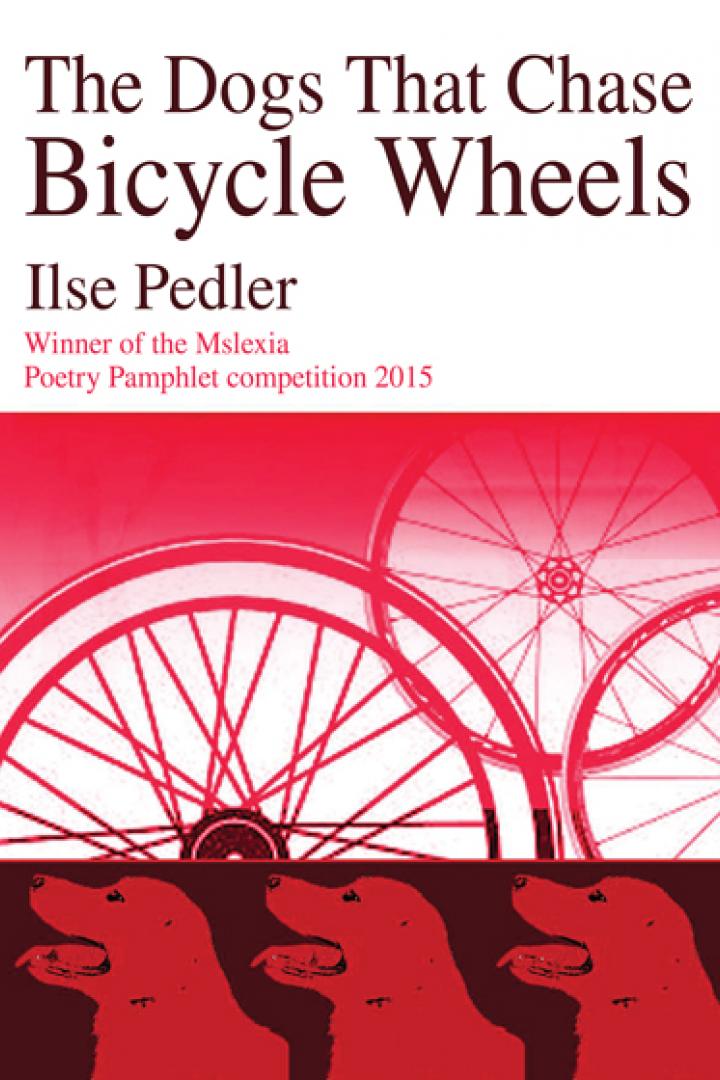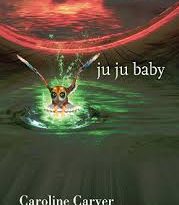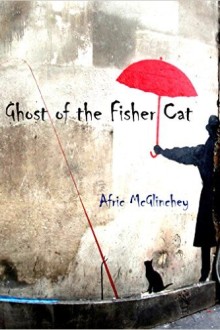The Dogs That Chase Bicycle Wheels by Ilse Pedler
– Reviewed by Grant Tarbard –
Someone asked me the other day, “do you like dogs?” as I was sitting with my two dogs by my side. I thought the answer was somewhat obvious. Pets are extensions of our being, as well as having their own vitality: we are more alike than different. This pamphlet sings the virtue of this truth more eloquently, with the voice of Ilse Pedler. Pedler’s pamphlet, The Dogs That Chase Bicycle Wheels, winner of the 2015 Mslexia Poetry Prize, draws on her 26-year career as a vet, as well as her compassion for these wild things that we speak to, feed, love and grieve for. This passion for animals envelops her collection.
The title intrigued me straight away, as we have a dog that’s light obsessed, chasing the light rays all over the woods. Pedler catches the light and balances it with a sense of the inevitability of us mammals’ limited grasp on the roots of life. Biological sciences make a colourful curiosity cabinet: bone white, smudged pink flesh, electric blue veins, you can feel the gut-lined history of veterinary surgery, dabbled with blood and accomplishment. While her feet are placed in reality, mystery prowls her sentences, with a sense of subtlety and equality for all mammals.
The pamphlet begins with ‘The Complete Science’, a beautiful combination of anatomical and personally historical sliced-peach incisions through Pedler’s days as an anatomy student in Cambridge. She combines academical nomenclature,
I clung to Miller’s dissection guide like my first alphabet
with, in the opening stanza, gracefully woven surreality:
We approach cautiously, the dogs in their crucifixion poses
formalin-heavy air stopping up our nostrils, our throats,
forcing tears for the splayed exhibits in front of us that grinned
and looked the other way.
The poet contrasts this with her working life:
So immersed were we in this delicate discovery of order
we almost forgot our theatre would have a different audience.
We had no knowledge of the skin’s elasticity,
its unexpected warmth.
This poem is tremendously satisfying, charting the black and blue bloated ruination that comes to us all. Yet it rings with echoing footsteps to seek out the torch and be mended with light.
I find form, when it’s written well, melts easily, sometimes indiscernibly into the page. One has to learn to listen; many poets do not let the poem breathe. Pedler is adroit in both form and free verse: the poem’s form almost evaporates into the wedding-dress-white of the page, leaving a clear thought, such as in her narrative sestina ‘The Importance of Air’. This poem contemplates the frightful rhythm of factory farming, a system of rearing livestock using deeply intensive methods, cattle confined indoors under strictly controlled conditions – bedfellows with the complex form Pedler is using. The mechanics of their servitude saddens and takes its toll on the heart:
[…] Each cow
a collection of monumental bones in a predetermined order
covered over with stretched hide. All softness gone
into the swollen bag they haul around waiting for the heavysnatch of the cluster, each sucking rubber sleeve heavy
on the teat. Each udder drained and the white froth of milk
measured and emptied into the bulk tank
The ugliness of mechanisation, with its rubber and noise, creates a predetermined selection of the fittest, the best. All animals are equal, but some animals are more equal than others. The ending choked me up I admit:
Her belly tightens and the cow
feels the first pains, she’s been waiting for this all day long.
She finds a corner in the calving pen and lays, her belly heavy
with pressing calf, and her udder filling with the first thick milk.
The intricate repetition of key words, like milk, is admirably effective. The milk for feeding her calf is a product for the farmer to sell, overriding any mothering.
In the morning, the stockman gives the order to hold the cow
and before she can turn, the calf is gone. Her udder swells, heavy
with milk but he’ll be back to take her to the parlour before long.
The poem leaves little comfort: the poignancy of the separation is our doing, the methods we perpetrate harmful to the land, and ultimately harmful to us.
This pamphlet also has a tributary theme, lapping at an unrevealed brute in the murky outreaches of our consciousness. Pedler’s surveillance of us creatures, us beasts, ruins the meat of us through an allure of mangled brawn and sinews, broken Pinocchios wringing hands and waiting for Christmas. This is shown in the surgical cut, ‘Suturing Secrets’:
We are divided into compartments,
separated by taught membranes,glistening planes of connective tissue,
resilient boundaries.
Perhaps my favourite part of the collection is contained in this poem,
your diaphragm is a torn curtain hanging
and like a peep show I’m drawn behind to look
Pedler is a curator, making neat turns into the hearts of animals alongside observations of human nature. Her understated tone flutters like a moth. This is a luminous, compassionate and witty book, the words little machines that spin tales of the fragility of our bodies, an assemblage box of parts always teetering on being broken. Pedler’s faculty for awe and curiosity is paramount in this book, edifying all of us threadbare mammals.





